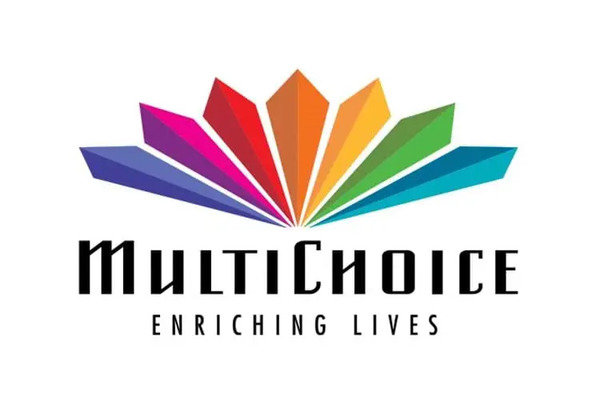MultiChoice Nigeria, the dominant pay-TV operator in the country, has announced a price hike for its DStv Compact package, effective March 1, 2025. The subscription fee will increase by 21%, rising from N15,700 to N19,000. This announcement comes less than a year after a previous price increase in May 2024, which the company attributed to inflationary pressures and escalating operational costs in Nigeria. This latest price adjustment has been met with widespread criticism and frustration from subscribers, many of whom have expressed their discontent on social media platforms, questioning the justification for the frequent price increases in the context of perceived stagnant service quality and persistent technical issues. The company’s justification for the latest price hike centers around its commitment to providing “world-class homegrown and international content delivered through the best technology,” a claim that many subscribers find difficult to reconcile with their experiences.
The announcement, disseminated to customers via a notice titled “Price Adjustments for DStv and GOtv Packages,” specifies that while the DStv Compact package is subject to the 21% increase, the prices for the Compact Plus and Premium bouquets will remain unchanged at N30,000 and N44,500 respectively. This targeted price increase for the Compact package, arguably the most popular amongst subscribers, has further fueled the discontent, as users perceive it as a disproportionate burden on a segment of their customer base that is already sensitive to price fluctuations. The core of the subscriber backlash centers around the perceived disconnect between the rising costs and the perceived value proposition offered by MultiChoice. Customers argue that the frequent price hikes are not accompanied by commensurate improvements in service quality, content diversity, or technological advancements.
Subscriber complaints range from accusations of repetitive content, often airing the same movies simultaneously on multiple channels, to frequent service interruptions, even for subscribers of higher-tier packages like Supa+. These interruptions often manifest as intrusive authorization checks, disrupting viewing experiences even for paying customers. The frustration is palpable in online forums and social media platforms where subscribers share their experiences and voice their displeasure. Some subscribers, like Okechukwu, have directly criticized the platform’s programming, pointing out the prevalence of repeated content and the disruptive authorization checks. Others, like Kevin Okeke, predict a potential shift in subscriber behavior, suggesting that the price increase will drive customers towards alternative entertainment options, especially those who prioritize content diversity over live sports broadcasts.
A recurring theme in the subscriber backlash is the perceived lack of competitive pressure on MultiChoice. Many users attribute the company’s perceived impunity in implementing price increases to its dominant market position. The absence of significant competition, they argue, allows MultiChoice to dictate pricing without fear of substantial subscriber attrition. This perceived monopoly allows the company to prioritize profit maximization over customer satisfaction, leading to resentment and calls for greater regulatory oversight of the pay-TV sector. Comments like, “It’s always easy for them to increase prices because there’s no real competition. That’s what a monopoly does to consumers,” reflect the prevailing sentiment amongst frustrated subscribers. The lack of viable alternatives leaves many customers feeling trapped, forced to accept the price increases despite their dissatisfaction with the service.
The growing discontent has led to calls for collective action, with some subscribers advocating for a boycott of MultiChoice services. Ramsey, a vocal critic of the price hikes, has urged fellow subscribers to boycott the service in protest against the frequent price adjustments, particularly given the relatively short timeframe since the last increase. This call for a boycott highlights the escalating frustration and a desire for a collective response to what is perceived as exploitative pricing practices. The sentiment expressed by Ramsey echoes the broader dissatisfaction among subscribers who feel powerless against the company’s pricing decisions. The frequency of the price increases, coupled with the perceived lack of improvement in service quality, has fueled the call for collective action as a means of expressing consumer dissatisfaction and potentially influencing MultiChoice’s pricing strategies.
The frustration expressed by subscribers extends beyond just the price increases, reflecting a broader dissatisfaction with the high cost of living in Nigeria. Oburu Chinedu’s comment, lamenting the high cost of various services and utilities, including electricity, contextualizes the MultiChoice price hike within a larger economic narrative. The rising costs of essential services and goods in Nigeria amplify the impact of price increases for non-essential services like pay-TV, adding to the financial burden faced by Nigerian consumers. The MultiChoice price hike becomes a focal point for broader economic anxieties, reflecting the challenges faced by consumers in a context of rising inflation and stagnant wages. The pervasive sentiment is one of frustration and a sense of being squeezed by escalating costs across the board, with limited recourse or viable alternatives.


